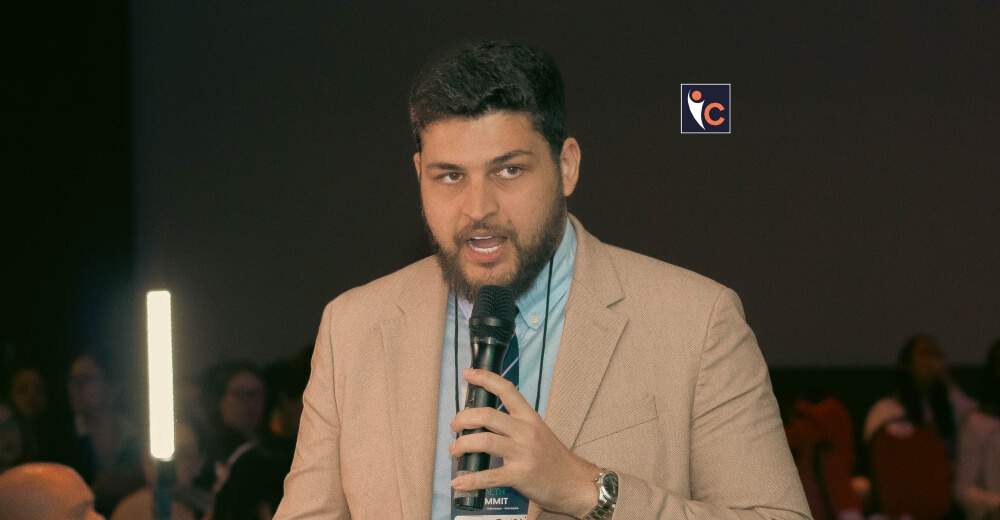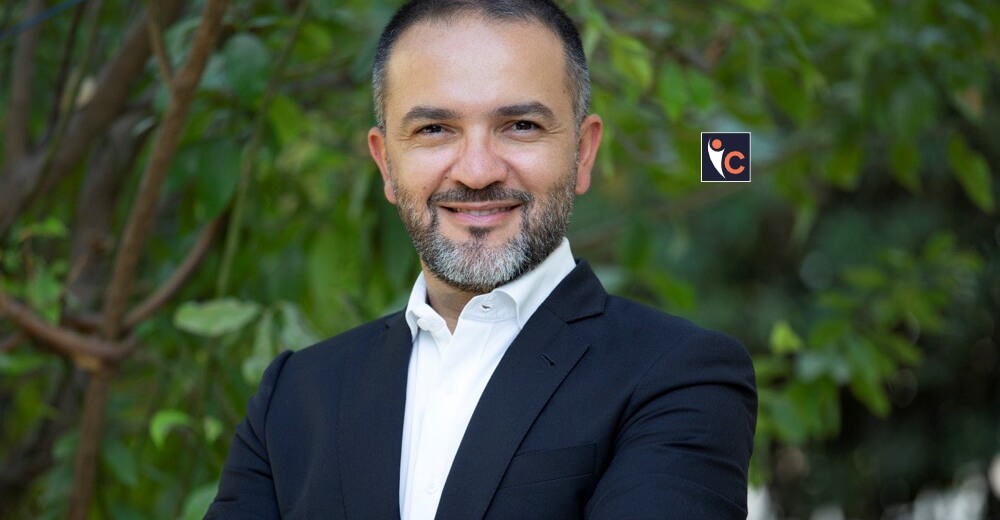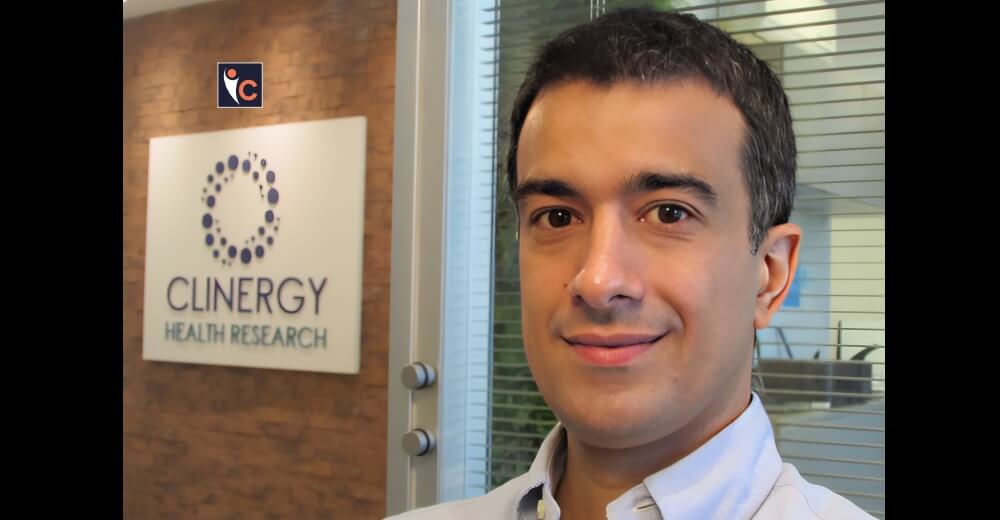As true it is that we humans are living longer than ever, we are also growing in our chances to develop complex diseases such as schizophrenia or cancer. Yet, the pharma industry is far behind in having therapeutic cures for these diseases. This is because all current therapies are designed to target only 2% of the genome, while the rest 98%, called the dark genome, is never studied.
NonExomics, Inc., a company dedicated to drug discovery, has demonstrated that the entire human genome can indeed generate proteins. Its proprietary and patent-pending platform integrates genomics, transcriptomics, proteomics, & artificial intelligence-based methodologies to identify druggable noncanonical proteins made from the entire human genome. The company’s target portfolio is a parallel universe in the drug discovery process that is ripe to be challenged by the available therapeutic modalities to cure various diseases.
In an interview with Insights Care, Ruchi Chauhan, Ph.D., the COO, and Sudhakaran Prabakaran, Ph.D., the CEO share their research operations behind NonExomics, Inc., in enabling therapies to cure complex diseases.
Kindly tell us the source of inspiration. What led you to venture into the field of Drug Delivery?
We both were academic scientists for twenty years before venturing into drug discovery in a commercial environment. (Sudhakaran worked on two major complex diseases—schizophrenia and cancer during his Ph.D. at the University of Cambridge, postdoctoral work at Harvard Medical School, and in his academic lab at the University of Cambridge. Ruchi worked on neurodegenerative diseases—Spinal Muscular Atrophy, Alzheimer’s disease, and cancer for her Ph.D. while working at Harvard Medical School and postdoctoral work at Merck Pharmaceuticals).
During our research, we realized that the entire human genome is capable of making proteins and not necessarily from the regions that we call ‘genes’. This discovery expanded the number of proteins that we were aware of. Sudhakaran spent the next eight years systematically studying these ‘novel’ proteins from the so-called dark matter regions of the genome and demonstrated their involvement in disease processes and that these novel proteins are druggable.
It is during these investigations we realized that to cure diseases we have to go beyond what we already know, and investigate the human genome and proteome wholistically – armed with the knowledge of the dark matter genome and proteome – to identify cures. This work soon went out of the scope of an academic enterprise. Hence, to accelerate drug discovery and curing diseases we started NonExomics, Inc.
Brief us about the company and shed some light on your journey as its guiding light.
Our company is blessed with very passionate founders, scientists, advisors, and empathetic individuals. We are all focused on accelerating drug treatment for complex diseases such as cancer and schizophrenia using our comprehensive knowledge of the dark genome.
Most of us in the company are driven by this motto because we have personally taken care of patients who have been afflicted by these two diseases. This has been our guiding light to develop novel diagnoses and targets for early intervention and for better treatment to help patients.
Can you elaborate upon the core values and mission on which the company is built?
Our core values are collaboration to accelerate drug discovery. 90-95% of drugs fail at the phase III stage, which means we have not yet understood any disease process comprehensively to develop drugs.
Conventional drug discovery efforts have been limited because the pharma industry has been looking at the most abundant proteins made by just 2% of the genome. NonExomics’ mission is to go beyond and unlock the potential of the entire human genome and identify disease biomarkers and drug targets and become pioneers armed with this comprehensive knowledge of the unknown (dark genome).
But we must utilize existing know-how of therapeutic modalities and disease models to assess these novel targets. To capitalize on the existing expertise of the pharma industry we would like to share this knowledge with pharma and biotech drug developers and accelerate drug treatment and patient treatment.
Tell us about the company’s core products and services. In what way does it make use of Artificial Intelligence in treating patients? How is it different from other forms of treatment that these patients do or do not receive?
All current therapies target proteins made by only 2% of the human genome; therefore, the current number of drug target candidates is very limited – approximately 812 in number. The pharma industry has been persisting with this small number of candidates despite the fact that over the last 50 years, we have not managed to identify any cure for any major disease.
NonExomics, Inc., on the other hand, has developed AI-based technology to detect the entire genome’s potential to make proteins, and more importantly, the technology has enabled it to identify the druggable candidates amongst them. This has vastly expanded the target portfolio by at least 5-fold for each disease. This means that we now can comprehensively look at the entire genome, especially the transcriptome and proteome made by the rest of the 98% dark genome, to identify disease-causative molecules and develop therapies.
This comprehensive knowledge wasn’t available to diagnose and treat patients until now, we believe our technology will accelerate both patient diagnosis and treatment in the near future.
Tell us about the common challenges that occur during the drug discovery process. How does your company address these challenges successfully?
The major challenge with the drug discovery process is that so far pharma companies have been looking for clues by observing only a small number of molecules that they want to and can observe. This is akin to looking for a lost key under a street light because there is light.
NonExomics, Inc. approach looks at the entire genome, transcriptome, and proteome, meaning we look for clues everywhere, especially in regions where there is no light or completely dark. At the moment, 98% of the genome is considered dark genome. We believe we have a comprehensive understanding of what this dark genome does to understand the disease process, hence our target selection is more accurate and precise.
What advice would you like to give to budding entrepreneurs and enthusiasts who desire to venture into drug discovery measures of healthcare?
With a lot of drugs failing after showing initial promise, commercial drug discovery is not for the faint-hearted. Having said that, budding entrepreneurs who believe in their technology or process have to be tenacious and patient. Tenacity alone would not help, one has to be flexible to pivot as well. To sum it up, it is not only a roller coaster ride but it may also be a ride with a lot of digressions and tangential journeys. Ultimately the goal is to help patients to recover from diseases and even prevent them from getting ill.
How do you envision scaling your company’s services and operations in 2024 and beyond?
Entering partnerships for taking targets into existing disease models (cell cultures, in vivo) and therapeutic modalities (ASO, siRNA, small molecule, ADC, etc.) as possible is the only way we would be able to scale.















